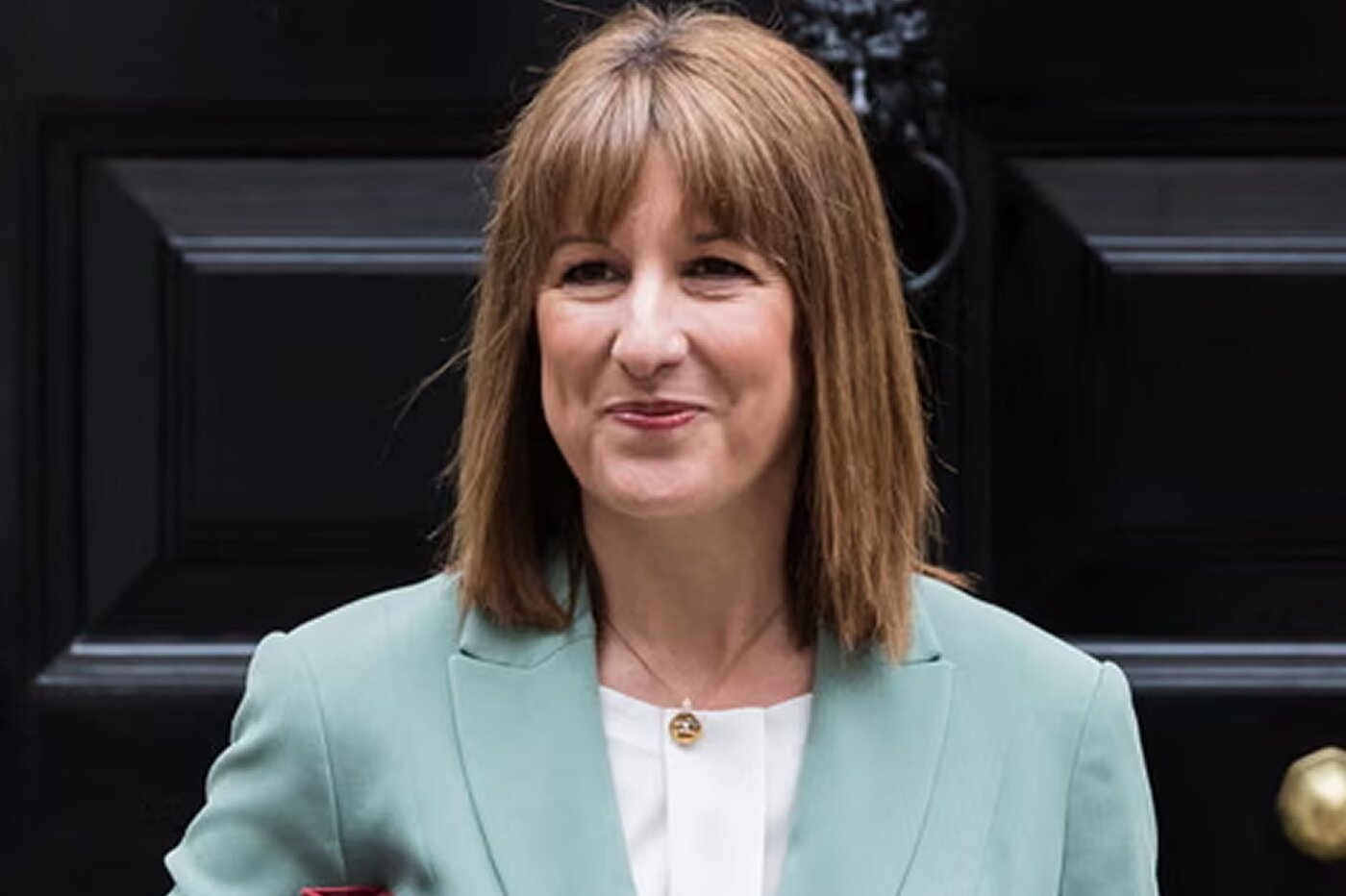Reeves Considers Breaking Labour’s Tax Pledge
Chancellor Rachel Reeves is reportedly considering scrapping Labour’s manifesto promise not to raise income tax as she faces a growing fiscal crisis ahead of next month’s Budget. Treasury discussions are said to include the option of increasing the basic rate of income tax by 1p a move that could raise around £8 billion for the Government.
If approved, this would be the first income tax increase since the 1970s, when Denis Healey lifted the rate from 30 to 33 per cent. The plan underscores the pressure Reeves faces as she attempts to fill a £30bn financial shortfall caused by weak growth and delays to welfare reform.
Fiscal Rules and Treasury Debate
According to senior officials, Treasury and Downing Street advisers are debating whether a small rise in payroll taxes is the only way to meet Reeves’s strict fiscal rules. These rules prevent borrowing for day-to-day spending, leaving few alternatives to higher taxation.
A Treasury insider told that discussions are ongoing about how much “headroom” Reeves should create in the Budget to cope with future economic shocks. Increasing that buffer could make an income tax rise inevitable.
Political Risks of a Manifesto Breach
Raising income tax would break one of Labour’s central manifesto pledges not to increase taxes on “working people.” Reeves has so far promised not to raise income tax, National Insurance, or VAT a stance now under strain as the Government searches for new revenue sources.
Treasury sources told that tax hikes remain more likely to target the wealthy, who Reeves has described as having the “broadest shoulders.” However, officials reportedly believe a one-off increase in income tax could restore balance to the public finances while avoiding further rises before the next election.
Economic Pressures and Public Perception
The Chancellor’s team fears such a move could spark a backlash from voters and opposition parties. Reform UK, led by Nigel Farage, continues to lead Labour by double digits in national polls, and any tax rise on workers could deepen public frustration.
Reeves’s allies argue that stabilising the economy is essential for restoring voter confidence and ensuring Labour’s long-term credibility. Critics, however, warn that an income tax rise would damage Labour’s reputation for protecting ordinary earners and risk political fallout at the May 2026 local elections.
Global and Domestic Challenges
The Government continues to attribute much of its fiscal strain to global and external factors including Donald Trump’s tariffs, the conflicts in Ukraine and Gaza, and lingering post-Brexit disruptions. Despite these claims, analysts warn that borrowing remains too high and economic growth too sluggish to sustain current spending levels.
Meanwhile, inflation has held steady at 3.8 per cent for three months running, with the International Monetary Fund forecasting that the UK will face the highest inflation in the G7 through 2026. Bond markets, the IMF cautioned, remain wary of Reeves’s long-term economic strategy.
Treasury Maintains Pledge For Now
Two senior Treasury officials told that Labour’s manifesto pledge “still stands” until official Budget decisions are finalised. However, neither denied that income tax discussions are taking place, and the Office for Budget Responsibility continues to review fiscal options ahead of the 26 November Budget.
As one government source put it: “Nothing is off the table. The numbers have to add up somehow and time is running out.”
Chancellor Rachel Reeves is weighing a potential 1p rise in income tax to raise £8bn amid a £30bn fiscal shortfall. While Treasury officials insist Labour’s tax pledge remains intact for now, growing economic pressures suggest
Reeves may be forced to break her manifesto promise when she delivers her Budget on November 26.










